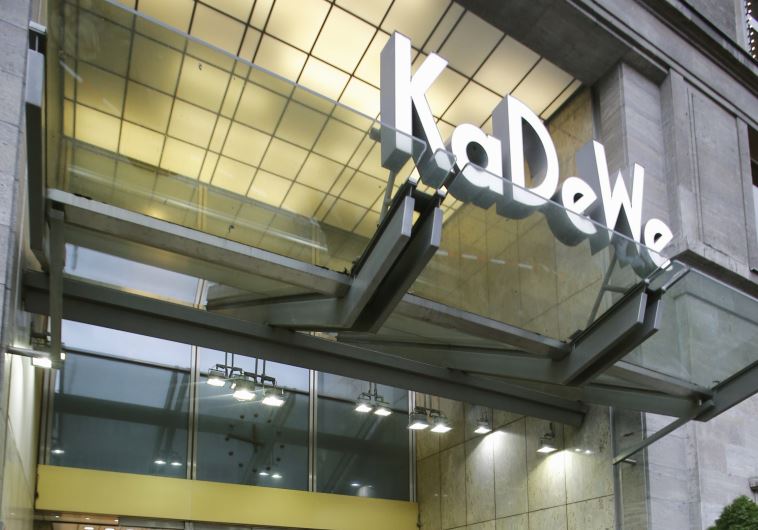Berlin department store - the largest in Europe - removes Israeli settlement products
KaDeWe opened in 1907 and was initially owned by by Adolf Jandorf, a Jewish real estate businessman.
 The main entrance of the luxury Kaufhaus des Westens (KaDeWe) department storeUpdated:
The main entrance of the luxury Kaufhaus des Westens (KaDeWe) department storeUpdated: